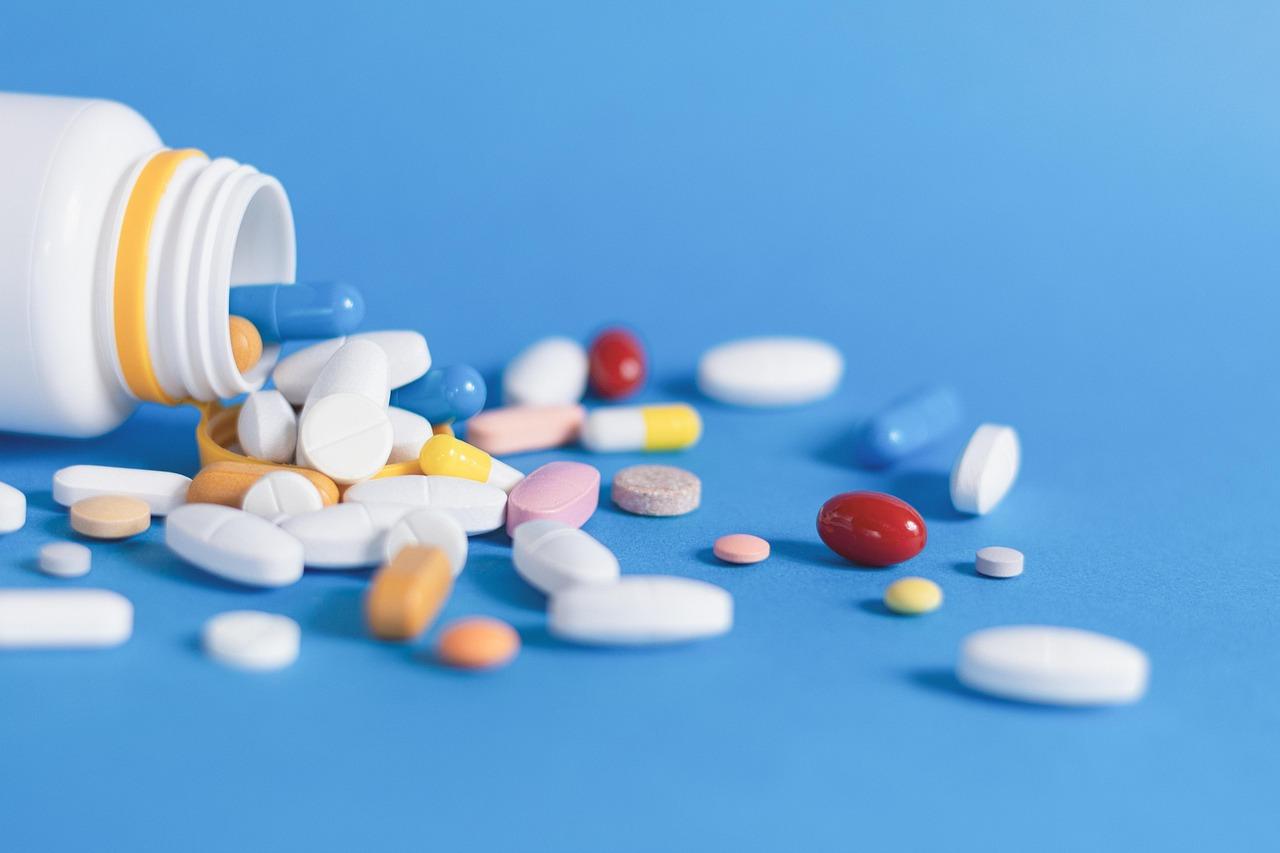Digital Detox: Can It Help Reduce Anxiety Levels?

In today’s hyperconnected world, it’s hard to imagine a day without screens. From smartphones and laptops to smartwatches and tablets, we are constantly plugged in. While digital technology offers convenience and connectivity, it also contributes significantly to rising anxiety levels. The concept of a digital detox—stepping away from digital devices for a period—has gained popularity as a potential remedy for anxiety. But does it really help? Let’s take a realistic look.
The Link Between Digital Overuse and Anxiety
While technology is not the sole cause of anxiety, excessive use of digital devices can aggravate it. Constant notifications, endless social media scrolling, and information overload keep the brain in a state of alertness, which prevents it from resting.
Social media, in particular, plays a powerful role. Comparing one’s life to curated highlights of others can lead to self-doubt, low self-esteem, and social anxiety. News apps flood users with updates on global tragedies and economic fears, adding to the mental burden. Over time, the pressure to respond quickly, stay updated, and maintain an online presence can lead to chronic stress and anxiety.
What Is a Digital Detox?
A digital detox refers to a period when a person voluntarily refrains from using digital devices like smartphones, computers, or social media platforms. The goal is to disconnect from digital noise and reconnect with the present moment, real-life experiences, and personal well-being.
A detox doesn't have to mean completely avoiding technology. It can involve:
Limiting screen time each day
Turning off non-essential notifications
Taking breaks from specific platforms like Instagram or TikTok
Establishing “no-screen” zones or hours, such as during meals or before bedtime
How a Digital Detox May Help Reduce Anxiety
Taking a break from screens can offer several mental health benefits, particularly in reducing anxiety symptoms.
Mental Clarity
Without constant pings and pop-ups, the brain has a chance to slow down. A quieter mind leads to greater clarity, better focus, and reduced anxiety.
Improved Sleep
Exposure to blue light from screens before bedtime can disrupt melatonin production and interfere with sleep. A detox helps reset the body’s natural sleep cycle, which plays a crucial role in regulating mood and anxiety levels.
Emotional Regulation
Less digital interaction means fewer emotional triggers. By stepping back from online drama, negativity, or toxic comparisons, individuals experience more emotional balance.
Increased Mindfulness
A detox promotes living in the present. Whether it's enjoying a walk, reading a book, or having a face-to-face conversation, being mindful reduces the anxious chatter in the mind.
Reduced Information Overload
Limiting news consumption and digital clutter lowers cognitive load. This creates space for rest, reflection, and emotional recovery.
Signs You May Need a Digital Detox
Not everyone is aware that their screen time is affecting their mental health. Here are some subtle signs that may indicate it's time to unplug:
Feeling anxious or irritable when not checking your phone
Reaching for your phone first thing in the morning and last thing at night
Difficulty focusing or constantly switching between apps
Feeling overwhelmed by news or social media content
Neglecting real-life relationships due to digital distractions
If any of these feel familiar, a digital detox might bring relief.
Tips for a Successful Digital Detox
Detoxing doesn’t mean abandoning technology altogether. It’s about building healthier boundaries. Here’s how to get started:
Start Small
Begin with short breaks—such as a few hours or a single “unplugged” day each week—and gradually extend the time.
Set Clear Rules
Decide which apps or devices you’ll avoid, and during what times. Let friends or colleagues know if you’ll be unavailable.
Create Offline Alternatives
Replace screen time with relaxing activities like journaling, exercising, cooking, or spending time in nature.
Use Technology to Manage Technology
Ironically, some apps help track and reduce screen time. Tools like “Focus Mode” or “Downtime” can be helpful allies.
Be Kind to Yourself
It’s normal to feel a little uneasy at first. Detoxing from a digital habit takes time and patience.
Can a Digital Detox Replace Therapy or Medication?
While a digital detox can significantly improve well-being, it is not a cure-all. For individuals with diagnosed anxiety disorders, professional support—such as therapy or medication—may still be necessary. However, incorporating digital detox practices into a treatment plan can enhance results and improve daily coping.
Think of it as one tool in a larger mental health toolkit. Just as a healthy diet and exercise support physical health, a balanced relationship with technology supports emotional and mental balance.
Final Thoughts: Disconnect to Reconnect
In a world that rarely pauses, a digital detox offers a much-needed reset. It helps calm the mind, improve focus, and reduce anxiety. By taking intentional breaks from the digital world, you create space for real moments, genuine connections, and inner peace. You don’t have to cut off technology completely—just create a healthier balance that serves your well-being, not your anxiety.
References:
- Art
- Causes
- Crafts
- Dance
- Drinks
- Film
- Fitness
- Food
- Giochi
- Gardening
- Health
- Home
- Literature
- Music
- Networking
- Altre informazioni
- Party
- Religion
- Shopping
- Sports
- Theater
- Wellness



